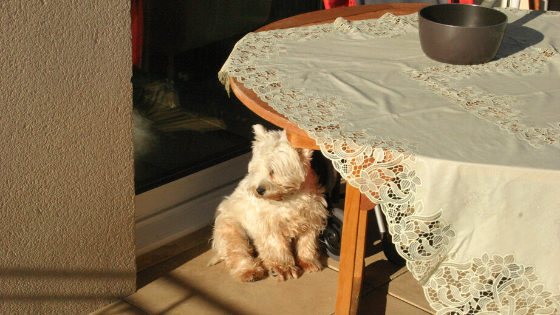Thickets
Thickets are the middle stage of nature’s marvelous development of a forest. From a clear and open space, seeds of grasses, weeds and wildflowers take root and create a meadow that soon fosters shrubs and small trees. Eventually, through a process of change that means the dying of some to make room for new growth, a forest is born. Miriam Webster defines thicket as “a dense growth of shrubbery or small trees” and “something resembling a thicket in density or impenetrability.” Sometimes, the heavy overgrowth of daily life can close us in, encroach on our spirit. Along that path there have been thickets, veils, barriers of all kinds. We see thickets with our eyes. But we feel the shrouded thickness of unseen veils with our hearts. Relationships can sometimes challenge us with an invisible thicket that blocks a clear path if we let it. I wrote the poem, “Thickets” when I was much younger and didn’t have the benefit of countless spiritual retreats and parish Bible studies.
Have no anxiety about anything, but in everything by prayer and supplication with thanksgiving let your requests be made known to God. And the peace of God, which passes all understanding, will keep your hearts and your minds in Christ Jesus. (Philippians 4:6-7, NRSVCE)
I’ve come from the carefree meadow of my youth and am winding my way through life’s thickets which led me to the words of Isaiah –
Thou dost keep him in perfect peace, whose mind is stayed on thee, because he trusts in thee. (Isaiah 26:3, NRSVCE)
The tangled journey is all part of a grand design, and with God, nothing is impenetrable or impossible when He resides in the “thick of it” – not even the unseen veils covering wounded people. In the loving care of our Creator, we can walk through anything. I choose to walk through the thickets with Him by my side.
…And remember, I am with you always, to the end of the age. (Matthew 28:20, NRSVCE)
Thickets
(Thoughts on Renoir’s “On the Terrace”)
There is a curtain green-thick and tangled
that hides us from the blue of other sides.
.
There is a veil –fine, frail, colorless –
that keeps me from her pale-white touch.
.
I clasp a brown-warm basket and cast my gaze
into the empty space,
while she, unseeing
looks away to weary reds and yellows.
.
The green-thick and tangled curtain
that hides us from the blue of other sides
is easier to pass through
than the veil between us.
Except for the Lord.
Copyright 2022 by Paula Veloso Babadi








